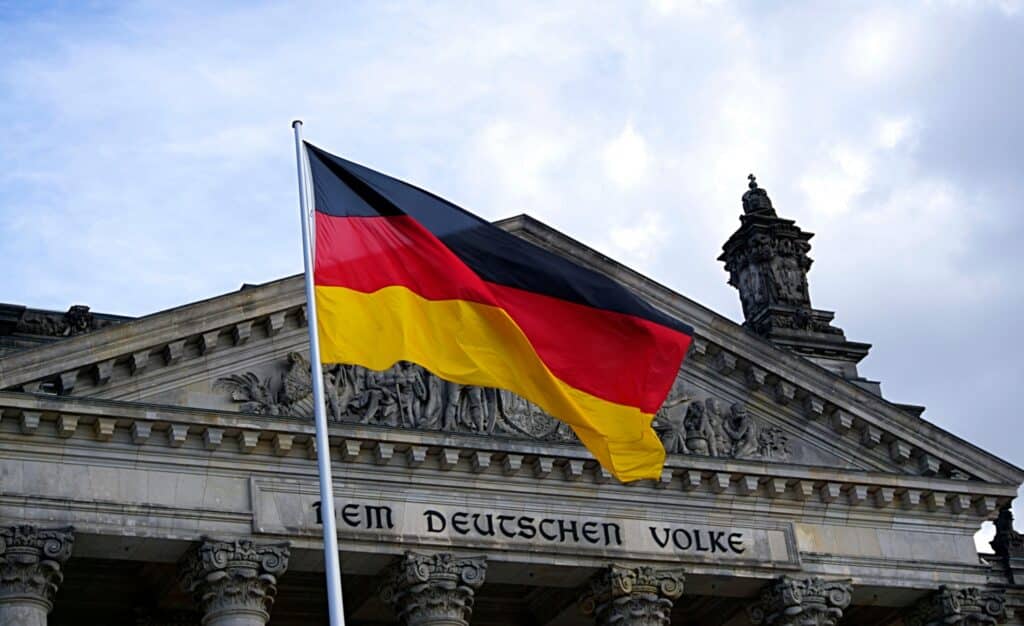Germany’s playing sector is below renewed scrutiny following the discharge of the national regulator’s annual report, which has reignited debate over the nation’s persistent black market and the effectiveness of present rules.
The German Sports activities Betting Affiliation (DSWV) has warned that the market is grappling with a ‘structural drawback,’ as new information reveals a big and rising share of playing exercise going down outdoors the authorized framework.
The Gemeinsame Glücksspielbehörde der Länder (GGL), Germany’s federal playing regulator, reported that gross playing income (GGR) from the licensed market rose by 5% in 2024, reaching €14.4 billion (£12.3 billion). Tax and levy revenues additionally elevated to roughly €7 billion (£6 billion).
The GGL highlighted its efforts to fight unlawful playing, noting that it reviewed over 1,700 web sites and initiated 231 prohibition proceedings in 2024, up from 133 the earlier yr.
The regulator claims that round 450 unlawful playing websites are actually inaccessible in Germany on account of prohibition orders, with an extra 657 blocked via geo-blocking measures below the Digital Providers Act.
Regardless of these enforcement actions, the DSWV and different trade stakeholders have challenged the regulator’s evaluation of the black market’s measurement.
The GGL estimates that unlawful German-language playing web sites account for a market quantity of €500–600 million (£429-515 million), representing about 3–4% of the overall authorized market and 25% of the authorized marketplace for high-risk on-line playing, similar to digital slots and sports activities betting.
Nevertheless, the DSWV and impartial studies suggest the true scale is much larger, with some analysis indicating that almost half of all on-line playing in Germany happens on unlicensed platforms.
In response to the continuing challenges, the DSWV has proposed a five-point motion plan to strengthen the authorized market and curb unlawful playing.
Key suggestions embrace enhancing the competitiveness of authorized operators, establishing a nationwide playing prosecutor’s workplace, monitoring monetary flows, together with cryptocurrency transactions, holding promoting platforms accountable, and advocating for harmonized EU rules to facilitate cross-border enforcement.
The regulator’s report and the DSWV’s warnings underscore the complexity of Germany’s playing panorama.
As the controversy continues, either side agree that efficient options would require a steadiness between sturdy participant safety and a aggressive, interesting authorized market to efficiently channel gamers away from the black market.
The put up German gambling faces black market surge amid regulatory debate appeared first on Esports Insider.

